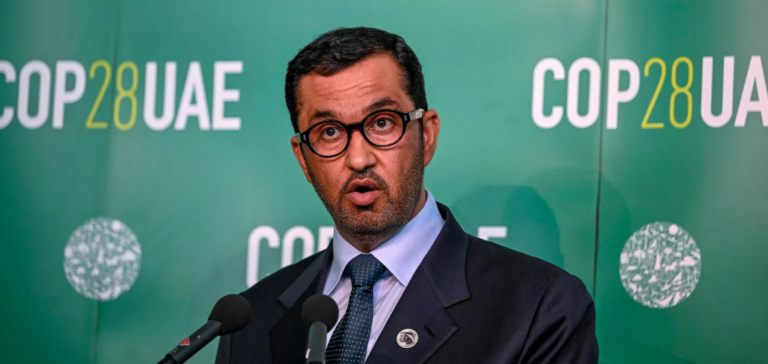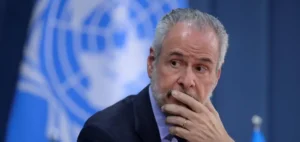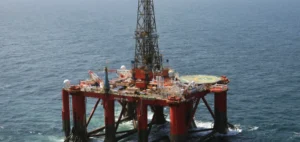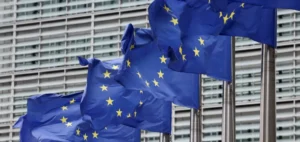The 28th Conference of the Parties (COP28) is taking place in a unique and controversial context. Scheduled to welcome over 70,000 participants, this UN climate conference will take place in a country rich in oil and gas, raising questions about its commitment to the energy transition. Sultan Al Jaber, President of COP28 and head of the Adnoc oil company, is also at the heart of this controversy.
Post-Paris Agreement Progress Review
One of the major objectives of COP28 is to assess the progress made since the 2015 Paris Agreement. In addition, a recent technical report indicates that current actions are largely insufficient to mitigate climate change, particularly when it comes to reducing fossil fuels. The key question is whether countries will be able to reach consensus on concrete measures to reduce their dependence on fossil fuels.
The Climate Challenges of 2023: A Critical Year
Expectations are high, especially with the prediction that 2023 could be the hottest year on record. Countries’ current commitments are leading to a dangerous global warming scenario, well beyond the 1.5°C target set by the Paris Agreement. The emissions reductions required are considerable, and UN Secretary-General António Guterres has called for unprecedented action and ambition.
The Fossil Energy Debate at COP28
COP28 will also address controversial issues such as the role of fossil fuels in climate change. Indeed, the issue of coal, mentioned for the first time at COP26, will be a central topic, with discussions on a possible exit timetable and the use of technologies such as carbon capture and storage.
The Question of Climate Loss and Damage
Another major concern is to set up a fund to compensate vulnerable countries for climate-related losses and damage. Although a preliminary agreement has been reached to house this fund at the World Bank, crucial questions concerning its financing and administration remain to be resolved.
In addition, the United Arab Emirates, as host country, faces its own climate challenges. Despite their commitment to renewable energies and emissions reduction, critics point out that their greenhouse gas emissions are likely to continue rising until 2030. However, the country’s focus on carbon capture and storage technologies is seen by some as an attempt to divert attention from the need to reduce fossil fuel production.
COP28 represents a potential turning point in the global fight against climate change. The conference will not only assess the progress made since the Paris Agreement, but also draw up a concrete action plan for the coming years. What’s more, the decisions taken in Dubai could have a lasting impact on global climate policy, highlighting the need for a global energy transition and a greater commitment to supporting the countries most vulnerable to the effects of climate change.






















